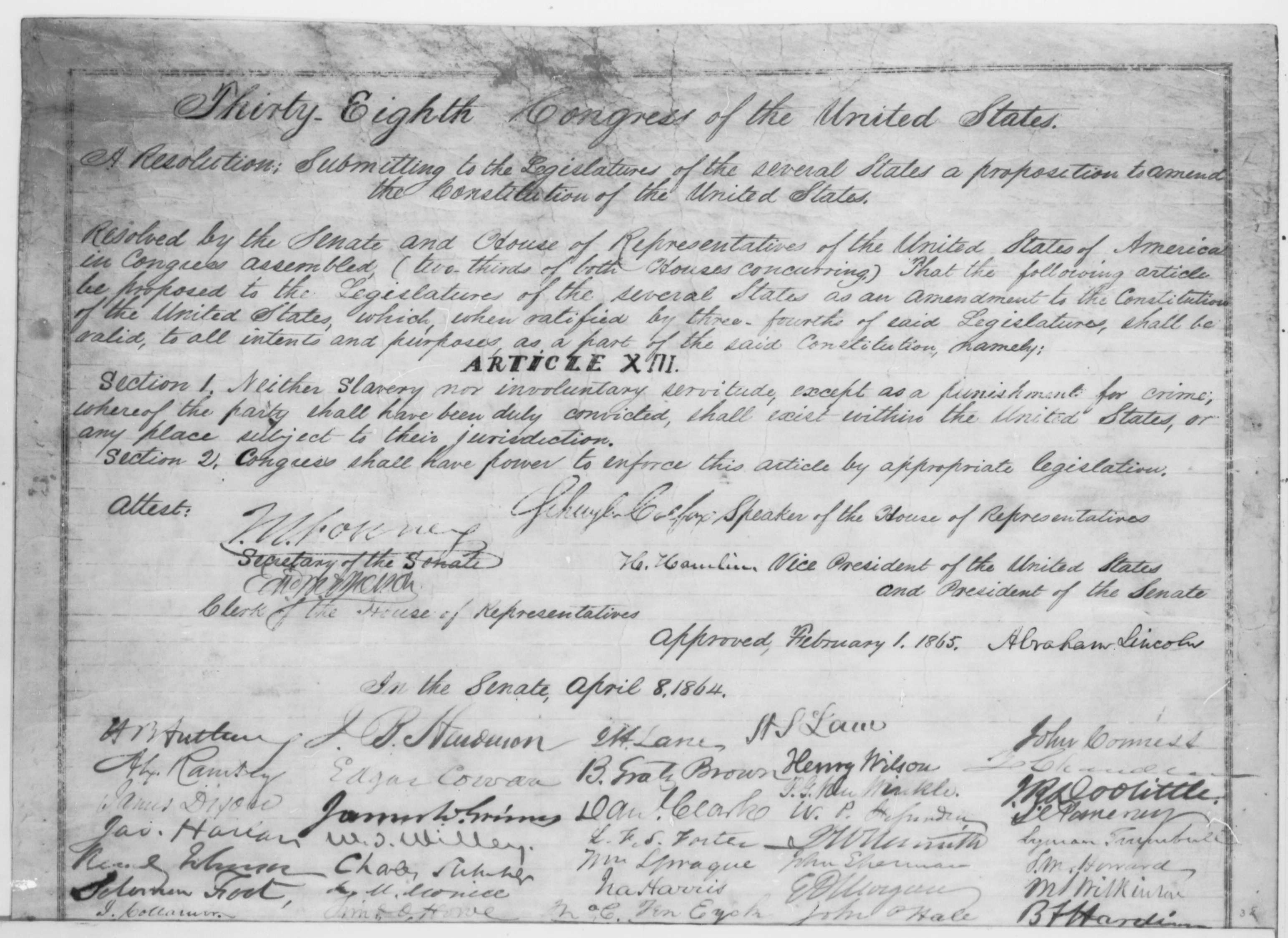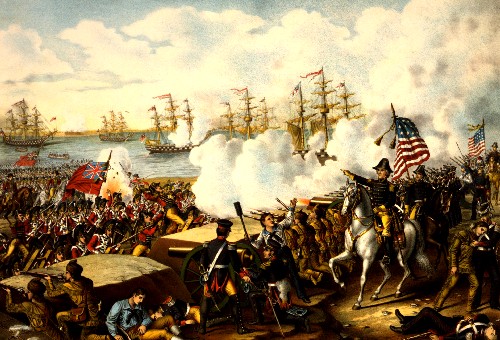 The saying, “history is written by winners,” proves that history is not always accurate as what people think. In fact, history is accurate at all because people have their own views of history, and difference between them is whether they are close to accuracy or not. I think the book “Race and Reunion: The Civil War in American Memory” by David W. Blight sounds very interesting because what he does in the book is to reveal the different aspects of how we remember the Civil War. Race, religion, culture, region, and other factors affect how we look at the history. Not everyone is historian or has the interest to discover the “real” history. The major source of where our knowledge about the history comes from text books, which might not provide enough details about the certain events. Therefore, I think everyone should read this book and will eventually take something out of it. Blight gives several examples that memory of history can be made up by somebody else. For instance, a memory that was once promoted by the Southern Historical Society claimed that slavery did not exist in the South and the African Americans were just faithful servants to their white masters. We all know that this is untrue because we have all the evidences that can prove it.
The saying, “history is written by winners,” proves that history is not always accurate as what people think. In fact, history is accurate at all because people have their own views of history, and difference between them is whether they are close to accuracy or not. I think the book “Race and Reunion: The Civil War in American Memory” by David W. Blight sounds very interesting because what he does in the book is to reveal the different aspects of how we remember the Civil War. Race, religion, culture, region, and other factors affect how we look at the history. Not everyone is historian or has the interest to discover the “real” history. The major source of where our knowledge about the history comes from text books, which might not provide enough details about the certain events. Therefore, I think everyone should read this book and will eventually take something out of it. Blight gives several examples that memory of history can be made up by somebody else. For instance, a memory that was once promoted by the Southern Historical Society claimed that slavery did not exist in the South and the African Americans were just faithful servants to their white masters. We all know that this is untrue because we have all the evidences that can prove it.
The war between Americans and Native Americans was another piece of memorythat is remembered in different ways. The peace was broken when British came and took over Native Americans’ homeland. This was not the end of the exclusion. When the U.S was formed, Americans started to expand their territory to the west, which many of Native Americans had been killed because of the expansion. On the face of it, Americans were saying to civilize those savages. But in fact, they were taking their lands and lives away. Eventually, they were forced to move to the Indiana Territory. The memory for Native Americans are painful because they were driven out of their mother land, and many of their people were killed because of the enforcement. On the other hand for Americans, it might not seem as bad as it is in Native Americans’ eyes. Most people think they have a better life under the U.S. Government’s control and they are well protected. As what it says in the review, “the Civil War is not over.” It might seem it is over, but the gap between people is getting bigger. Discrimination, prejudice, injustice, and stereotyping are signs of this continuous war. I think many of the memories are politically motivated because the government will always try to adjust their figure positively, which many of the improper facts can be potentially hidden.
























 The saying, “history is written by winners,” proves that history is not always accurate as what people think. In fact, history is accurate at all because people have their own views of history, and difference between them is whether they are close to accuracy or not. I think the book “Race and Reunion: The Civil War in American Memory” by David W. Blight sounds very interesting because what he does in the book is to reveal the different aspects of how we remember the Civil War. Race, religion, culture, region, and other factors affect how we look at the history. Not everyone is historian or has the interest to discover the “real” history. The major source of where our knowledge about the history comes from text books, which might not provide enough details about the certain events. Therefore, I think everyone should read this book and will eventually take something out of it. Blight gives several examples that memory of history can be made up by somebody else. For instance, a memory that was once promoted by the Southern Historical Society claimed that slavery did not exist in the South and the African Americans were just faithful servants to their white masters. We all know that this is untrue because we have all the evidences that can prove it.
The saying, “history is written by winners,” proves that history is not always accurate as what people think. In fact, history is accurate at all because people have their own views of history, and difference between them is whether they are close to accuracy or not. I think the book “Race and Reunion: The Civil War in American Memory” by David W. Blight sounds very interesting because what he does in the book is to reveal the different aspects of how we remember the Civil War. Race, religion, culture, region, and other factors affect how we look at the history. Not everyone is historian or has the interest to discover the “real” history. The major source of where our knowledge about the history comes from text books, which might not provide enough details about the certain events. Therefore, I think everyone should read this book and will eventually take something out of it. Blight gives several examples that memory of history can be made up by somebody else. For instance, a memory that was once promoted by the Southern Historical Society claimed that slavery did not exist in the South and the African Americans were just faithful servants to their white masters. We all know that this is untrue because we have all the evidences that can prove it. 

 The book sounds pretty interesting to me. In the book review, Eric Foner says, “‘Race and Reunion’ is the most comprehensive and insightful study of the memory of the Civil War yet to appear.” It gives a lot of information to people who get to know Civil War history straight forward from text books. As a foreign student, I would be one of them. Before coming to the Unites State, I’ve only read about Civil War from the text books when I was in school, I only knew that Civil War was about Americans from the north and south fighting over slavery and trades. However, I could get more details and facts from many other books like Race and Reunion.
The book sounds pretty interesting to me. In the book review, Eric Foner says, “‘Race and Reunion’ is the most comprehensive and insightful study of the memory of the Civil War yet to appear.” It gives a lot of information to people who get to know Civil War history straight forward from text books. As a foreign student, I would be one of them. Before coming to the Unites State, I’ve only read about Civil War from the text books when I was in school, I only knew that Civil War was about Americans from the north and south fighting over slavery and trades. However, I could get more details and facts from many other books like Race and Reunion.